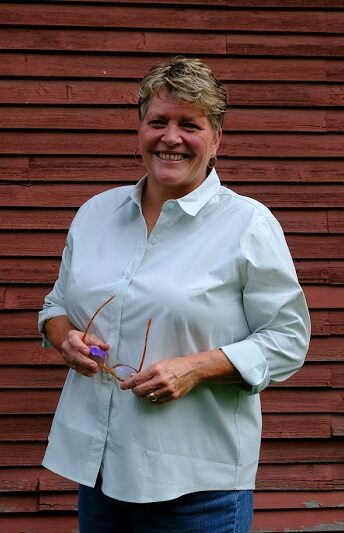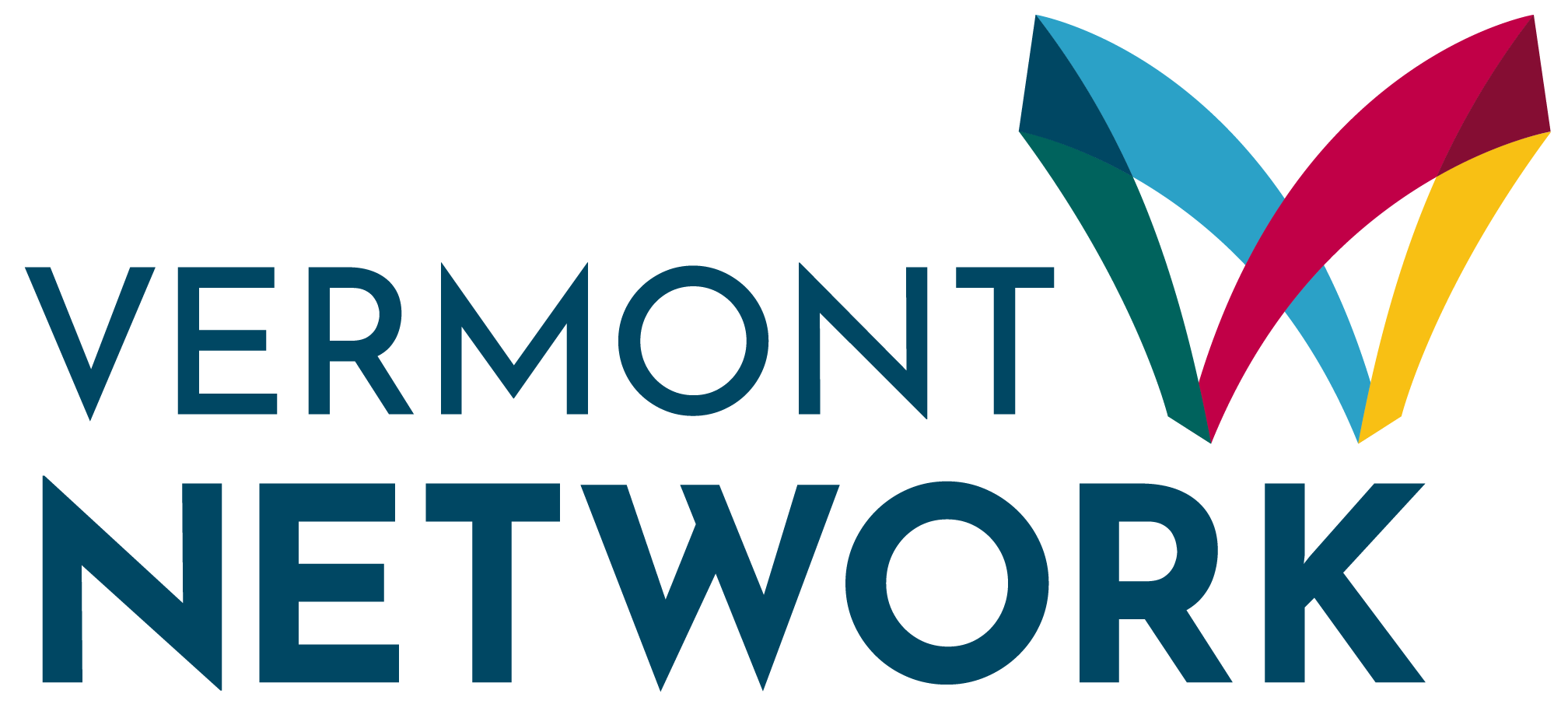From the Director: Going Fallow
fal·low1
/ˈfalō/
adjective
- 1.
(of farmland) plowed and harrowed but left unsown for a period in order to restore its fertility as part of a crop rotation or to avoid surplus production.

It’s October in northern Vermont. After five months of full-on fecundity, where it seems like you can actually watch the plants and trees grow in real time, nature is slowing down. The leaves are turning gold and orange, there is the spicy smell of vegetation going brown in the air. The earth is turning toward its natural cycle of going to fallow. Plants die, the animals are preparing to hibernate, the birds are heading south. Winter will come and during that long rest, nature is restored and will burst back to life next May.
How far we humans have come from our relationship to the natural cycles. We work pretty much non-stop for decades. In our modern economy, we cannot even count on a period of retirement and many of us work, and work, and work for the entirety of our lives. We are told that all this work leads to benefits like economic self-reliance, a fulfilling career, production that contributes to the well-being of all (not to mention the wealthy of a very few). What we don’t ask is what is lost when we are never allowed to go to fallow for a season. What innovative thinking, what health and well-being, what deep breathing gets lost when we work without ever stopping?
When I first joined the Network and first heard about the sabbatical policy, I was a skeptic. I wondered why this organization would support a sabbatical for each of its employees after every five years of employment. I could not imagine how work continued to get done when someone just stepped away for a month. It did not take me long to discover the incredible investment a sabbatical policy can be, not only in the person who takes the break, but in the entirety of the organization, relationships between co-workers and the achievement of mission.
A sabbatical, even just one month, serves as a fallow period for each one of us. We have the chance to relax, to breath, to rest our minds and our bodies. We do all the fun things like hike, spend time with families, travel, nap. We reset, restore and make space and we return to our work community ready for the next round of action.
To get a month off requires each one of us to be in right relationship with our co-workers. The reality is that the work continues in our absence, and we prepare co-workers to cover important meetings and duties while we are away. We have to be willing to trust each other to do this and do it well, to represent us and to hold details which we will exchange once sabbatical is over. This is one of the many ways our work community upholds our values – integrity, respect, boldness and love.
I’ve just returned from my own sabbatical. If the everyday events of my life, experienced to their fullest without the distraction of work, are transformative, then I would characterize my sabbatical as such. What a gift to spend hours reading a book in my back yard, to walk the hidden paths at Shelburne Farms, to spend a week on Cape Cod with my beloved. So much space for noticing so much, for gratitude, and eventually for missing work.
In nature, the season after a fallow is one of intense rejuvenation and growth. So too is the season after a sabbatical.


Karen Tronsgard-Scott
Executive Director
